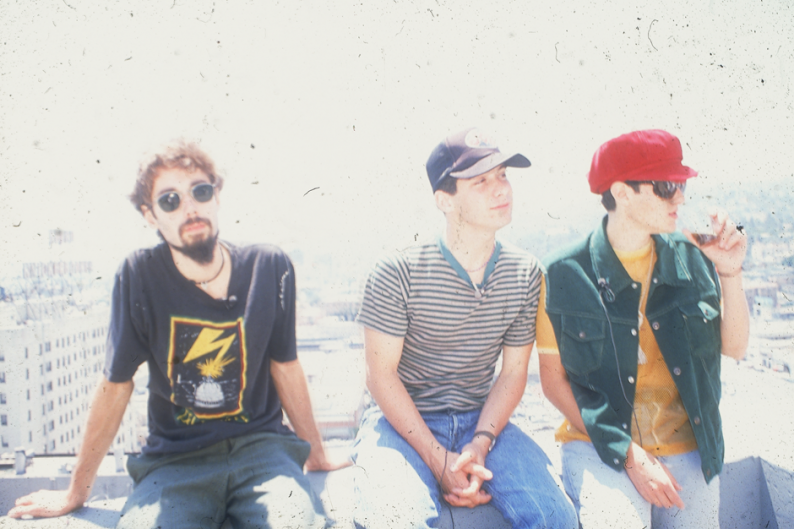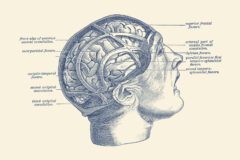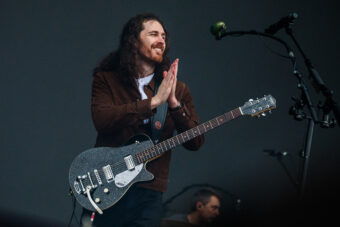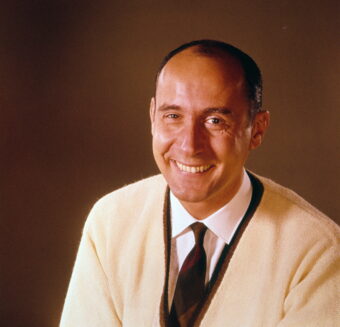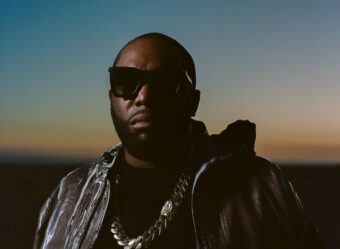It’s apt to commemorate the life and work of Adam Yauch under the auspices of SPIN.
The Beastie Boys, after all, were the first rap act to grace the cover of SPIN Magazine in the 1980s. It was a controversial milestone. SPIN set the tempo for a new American generation, and was one of the first mainstream publications to give respectful ink to hip-hop acts like Run-D.M.C. But it was the white rappers, the Beasties, who became a core representation of SPIN’s concept of cool — in part because they were deemed more accessible to SPIN’s readership; but also because they mirrored, in some honest ways, the curiosity and openness of those same readers.
Let us honor Adam Yauch, then, with a lesson: Cool comes from courage.
Yauch was not just a member of the Beastie Boys. He was part of a larger crew, a loose community of kids from the boroughs and suburbs of New York who converged on downtown Manhattan in the early 1980s and — in so doing — created a culture and a moment that presaged the next 30 years. Much of what we are, we owe to Yauch and those kids.
Yauch and his initial partners — Adam Horovitz, Michael Diamond, and Kate Schellenbach — were city kids by birth, not by choice, in a time when being a city kid carried greater risk, but also afforded greater freedom. Much of lower Manhattan had been abandoned, leaving cavernous warehouses and theaters open for use as decrepit playgrounds. In these spaces, the floors great petri dishes of beer and bodily fluids, punk rock grew. These spots also received ambassadors from uptown, guys like “Fab 5” Freddy Brathwaite and Michael Holman, who brought DJs and MCs downtown just as this thing called “hip-hop” received its name.
Yauch and his generation cross-pollinated punk, hip-hop, metal, and new wave — from the Roxy to the Mudd Club, from Save the Robots to the Latin Quarter — jaywalking across cultural boundaries without a roadmap, and perhaps most importantly, without self-consciousness. You can mark the veterans of this time because they have an unmistakable down-to-earth, eclectic, cosmopolitan air about them: Black folks who can recall a Clash concert in loving detail and white kids who were among the first to see Afrika Bambaataa get down on the wheels of steel.
You know some of their names: Rick Rubin, Russell Simmons, the men who brought you Def Jam and everything that flowed through it — from LL Cool J to Kanye West. Some of them are more obscure, but no less crucial: Like Dante Ross, the friend of the Beasties who went on to shepherd acts like De La Soul, Brand Nubian, and Ol’ Dirty Bastard; or Peter Dougherty, a kid who taped punk and rap concerts for a living until he got a gig at MTV and launched the channel’s first rap show, Yo! MTV Raps; or Cey Adams, another friend and graffiti artist who ended up doing some of the most recognizable cover art and branding for the hip-hop generation; or Glen E. Freidman, whose photography first linked hip-hop and skater culture; or Def Jam employees Faith Newman and Lisa Cortes (Newman later signed a rapper named Nas, and Cortes became a producer of Oscar-winning films). These were the folks who, in many ways, not only made hip-hop possible, but made it possible for black artists and musicians to remain at the forefront of the genre, rather than the story ending with white co-optation. We don’t hear the word “Elvis” uttered in the same breath as “Beastie Boys.” The integrity of Yauch and his peers had a lot to do with that.
Contrast this pioneering bunch with what we today call “hipsters,” often derisively and unfairly; but, in some cases, deservedly so. The Beasties were the prototype for this recent generation, who now inhabit some of the same city streets, which are no longer so mean.
But what is hip? Tell me, tell me, if you think you know. Yauch and his folks lived in these places and spaces before it was safe to do so. They picked the fashions before you could order them from a catalog or buy them in a boutique. They weren’t “ironically racist.” They were humble. They were, and are, the real thing. It wasn’t about money. But if they made some, it was because they had the skills to pay the bills, and had paid the cost to be the boss.
Yauch was their avatar. He was honest. The vacillations between anger and euphoria, the painful evolution from dark to light, from scatological to spiritual? None of that shit was a show. And Yauch’s creativity — as musician, MC, producer, director, entrepreneur, and philanthropist is not surprising, given the group and the era from whence he came.
So, on the occasion of his death, let’s honor his living friends — something I think he might like. They are, to me, the greatest generation, revolutionaries who launched the party and were nice enough to hold the door open for each other, and for the rest of us, too.
Dan Charnas is the author of The Big Payback: The Business of the History of Hip-Hop and co-author of Def Jam: The First 25 Years of the Last Great Record Label.

